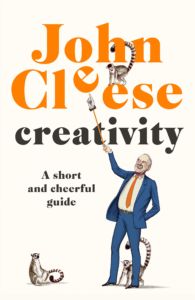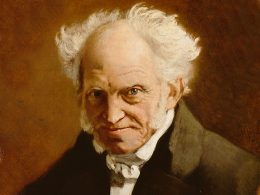2,009 words
Recently I took part in a discussion of writing and how to do it on Counter-Currents. This being a topic of some importance to me, I decided to throw together a few thoughts in a form more coherent that I could do in a podcast. A danger in doing this is that readers will joyfully point out instances in which I have failed to follow my own suggestions. (more…)









